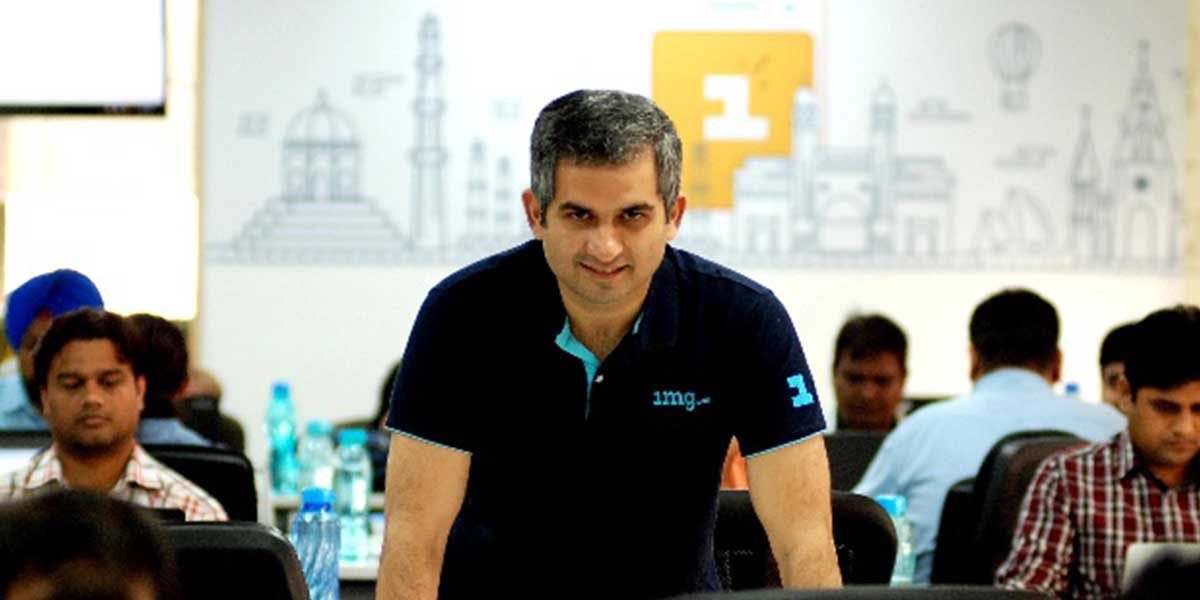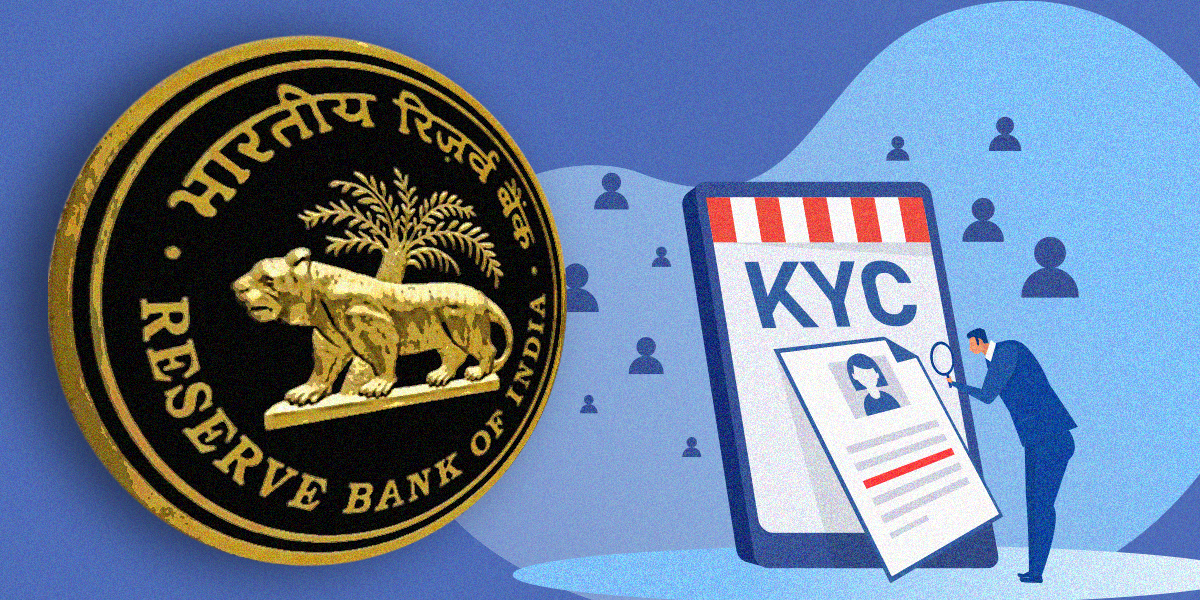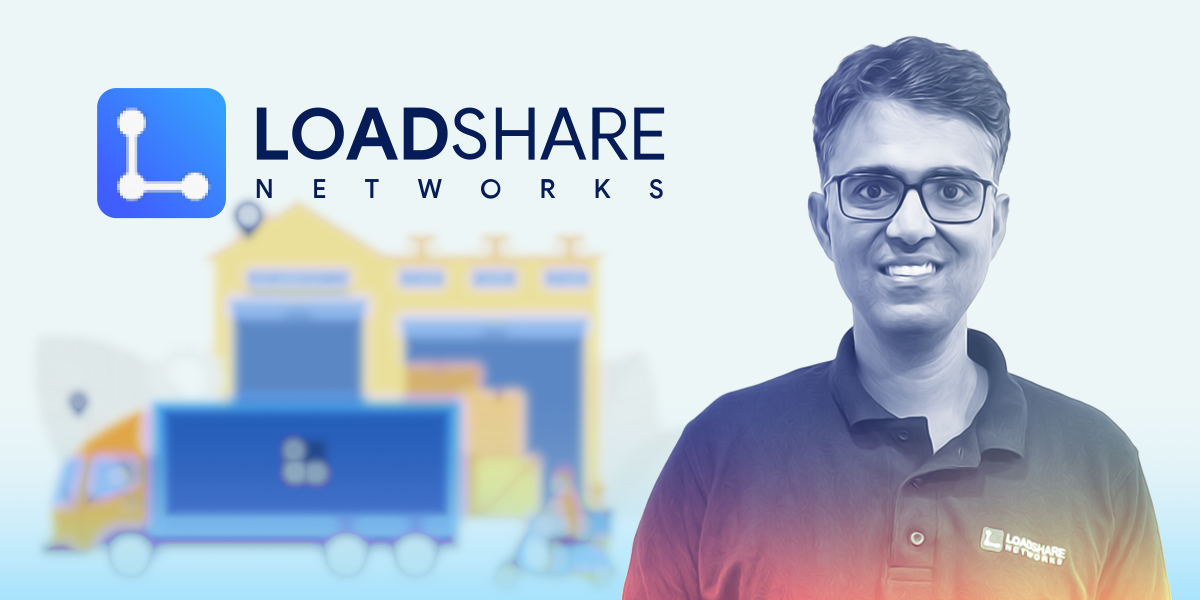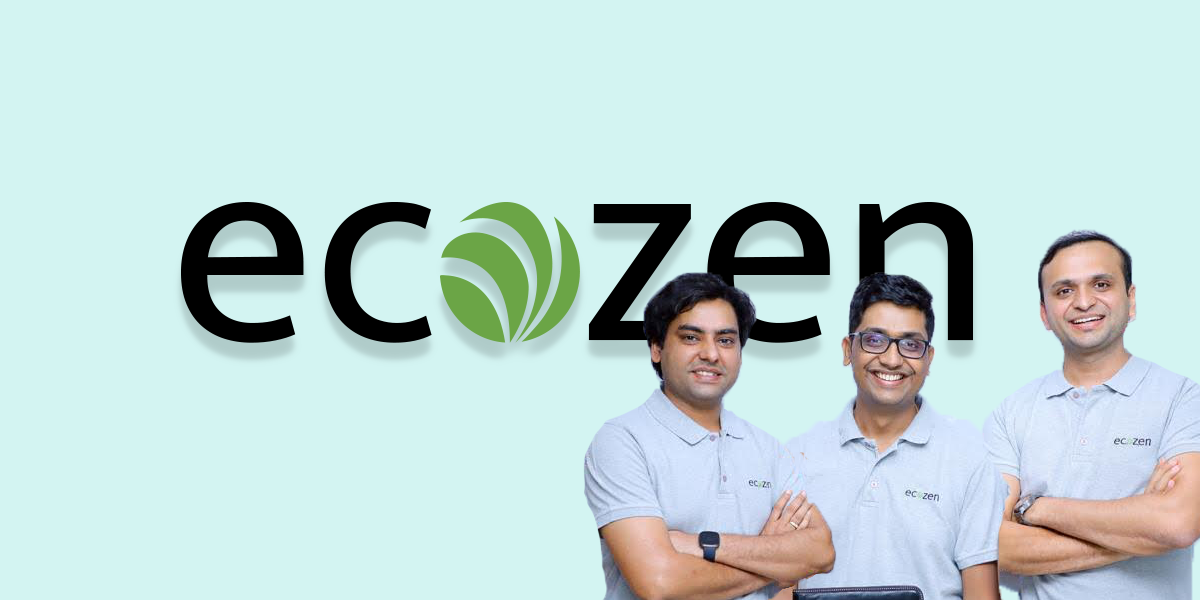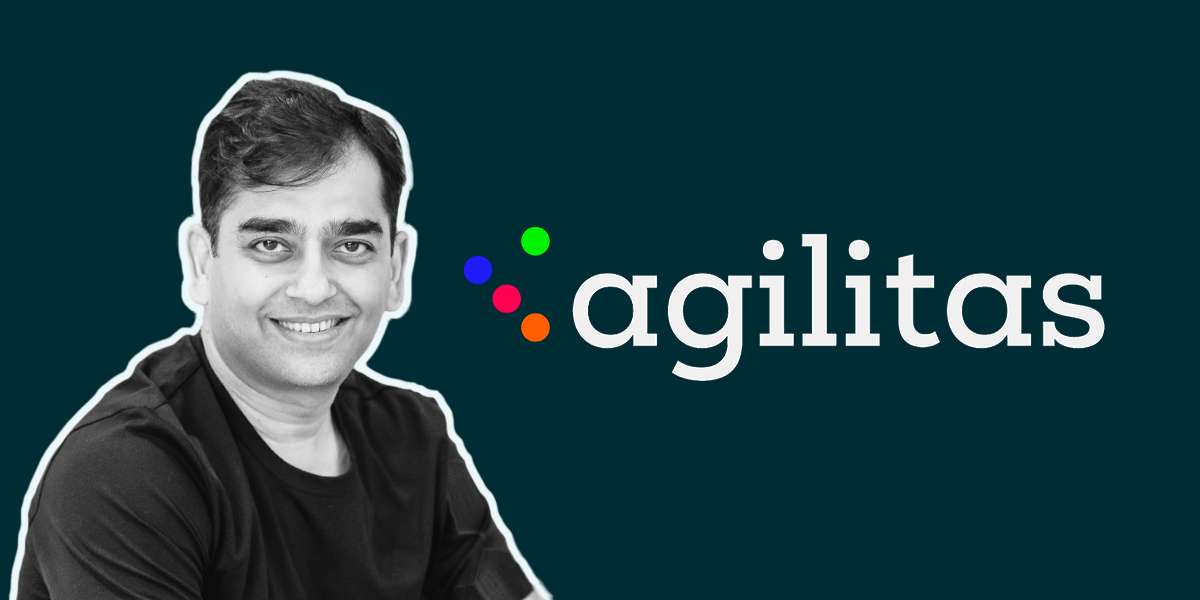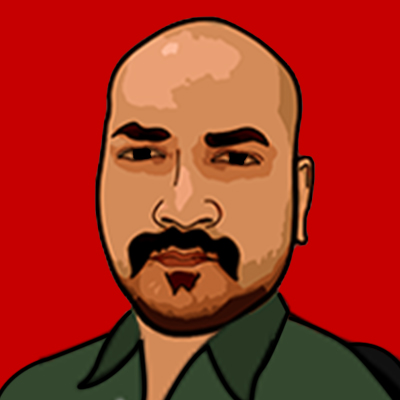Content is king when it comes to online commerce and plays a crucial role in driving engagement with customers. Content helps businesses establish credibility and drive traffic which eventually translates into customers.
While we often hear about the importance of content, very few Indian online companies have leveraged content in actual use case. One such rare example is drug marketplace 1mg.
Two years ago when 1mg started, it began operations with content only. “When we started, there were plenty of regulatory uncertainties around selling medicines online. Our first goal was to scale the platform with relevant content and build a community around it,” says Prashant Tandon, co-founder and CEO, 1mg.
Unlike buying mobile phones and apparel, buying medicine online requires a high level of trust from consumers. Content helped 1mg build trust with consumers and minimised consumer acquisition cost to a single digit.
“The majority of online businesses bleed profusely in acquiring customers – we don’t,” adds Tandon.
According to data by App Annie, 1mg has about 36% overall traffic in the medical app section in India. For generating content, it has a team of about 40 content writers comprising doctors and pharmacists.
“Content is the backbone for our business and we invest heavily in it,” says Tandon. Importantly, online advertising for medicines and drugs isn’t allowed on Google and Facebook, so using content marketing is an obvious proposition for 1mg.
1mg claims to have 40% conversion from content besides strong word of mouth effort in driving transactions.
Corporates, OPD insurance & patient support to drive next phase of growth
Besides selling directly to consumers, the Sequoia-backed company has been exploring new verticals such as corporates, OPD in insurance and patient support programmes in partnership with pharma companies.
For corporates, 1mg is offering a dashboard to manage and monitor employee health. “Corporates like this initiative as they can analyse and gain understanding about the health of the workforce. Better knowledge of an employee’s health equips corporates to negotiate premiums with insurance companies,” says Tandon.
At present, the company is working with five corporates and claims to manage the health of about 1,00,000 employees working with these corporates. It intends to bring 50 corporates to the platform by the end of this year.
State of Outpatient Department (OPD) insurance (it covers consultation fee, diagnosis, medicine) in India hasn’t taken off. One is entitled for insurance only when he or she is hospitalised. So far, most insurance companies deny OPD insurance over fears of misuse by policyholders.
“OPD insurance requires a lot of petty paperwork. Hence, the possibility of fraud is high. However, with platforms like ours that are completely digitised, the chance of fraud is negligible,” says Tandon.
According to Tandon, the majority of insurance companies are gearing up to launch OPD insurance. “They have shown a strong interest in working with us and we expect to grab a major slice in this segment,” adds Tandon.
Besides adding the aforementioned verticals, 1mg has recently started working with pharma companies for their patient support programme. “Many pharma companies want to work with chronic patients through their lifetime and we intend to help them in this,” says Tandon.
Tier II and III cities are growing fast
Currently, 1 mg claims to have 70% orders hailing from top 10 cities, and tier II and III cities are also catching up fast. Cities like Jaipur, Lucknow and Indore have seen healthy growth this year. Last year, the company’s pharmacy business was operational in 12 cities but this year it forayed into 600 plus cities.
“We work on the asset light marketplace model that allows us to set up operations quickly in any given city. We typically tie up with stockiest and distributors but when a city reaches a predetermined threshold, we deploy our own team to smoothen operations,” quips Tandon.
Till last year, the company’s diagnostic vertical had presence in Delhi (NCR) only. But this year it has forayed into 29 new cities. While 70% of 1mg’s revenue comes from pharmacy, the rest hails from diagnostic and corporate services.
1mg targets 400% growth this year
As opposed to other e-commerce verticals where the margin is wafer-thin, healthcare offers better and significantly high margins. When asked about the number of transactions processed by 1mg on a monthly basis, Tandon refuses to give any specific number.
“We have been growing over 300% every year from the past couple of years. This year we expect to register 4X growth as we expand to every nook and corner of the country,” he adds.
The company claims to have an average basket size of about Rs 1,000 in pharmacy and Rs 800 in lab-related services. 1mg recently closed $15 million in Series C round led by HBM Healthcare Investment and existing investors.
According to Tandon, funds will primarily be deployed towards marketing, setting-up data infrastructure, and scaling up corporate and insurance verticals.
AI and ML will take time to show actual results
For managing data infrastructure, 1mg is leveraging artificial intelligence and machine learning. “We have just started scratching the surface in terms of AI and ML. It would take at least a couple of years to understand the impact of these initiatives,” says Tandon.
On the pharmacy segment, 1mg competes with NetMeds and Pharmeasy while it considers Lybrate and Practo as competitors in e-consultation. When it comes to content and information, 1mg has no competition.
1mg: Website


